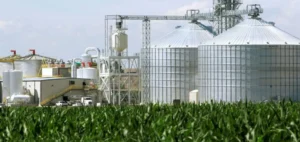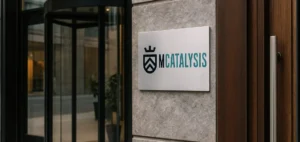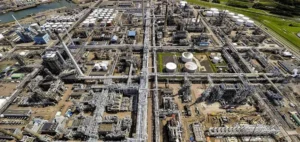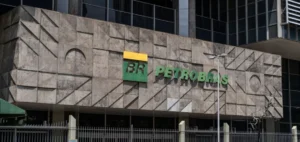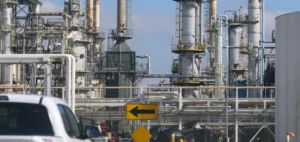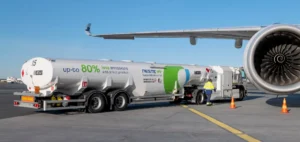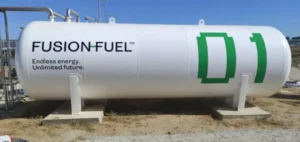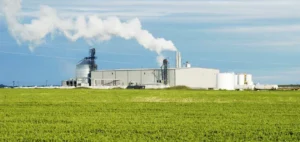HIF, a leading e-fuel company, announced that it has engaged Betchel Energy, Siemens Energy and Topsoe to perform the engineering and design for its Matagorda eFuels project.
HIF’s e-fuel project
HIF is expected to begin construction of the Matagorda e-fuel facility in 2024. Commercial operation is expected to begin by 2027. When operational, the facility will produce carbon-neutral gasoline. Today’s vehicles will be able to use these fuels without any modification to the existing engines or infrastructure.
The carbon-neutral gasoline will be produced using approximately 2 million tons of CO2 captured from the atmosphere and green hydrogen from renewable energy. HIF plans to produce 750 million liters of carbon-neutral gasoline per year by 2027. This would decarbonize more than 400,000 vehicles.
The company expects to create many jobs during the project. It counts in fact 4500 during the construction phase. In addition, once the facility is operational, it will require over 100 permanent operational jobs.
Essential partners
HIF CEO Renato Pereira said Betchel Energy, Siemens Energy and Topsoe are critical to the success of this pioneering e-fuel facility. In fact, the partner companies will be responsible for the engineering and design (FEED) of the Matagorda facility.
Bechtel Energy will perform the engineering and design of the entire facility. In particular, it will have to integrate the technologies and equipment of Siemens Energy and Topsoe.
For its part, Siemens Energy will be responsible for the engineering and design of its electrolysers. These are needed to produce 300,000 tons of green hydrogen per year.
Finally, Topsoe will provide the engineering and design of the methanol-to-gasoline processes. They will combine green hydrogen with captured CO2 to produce 1.4 million tons of methanol. Then they will be synthesized into 750 million liters of e-fuel in the HIF facility.







